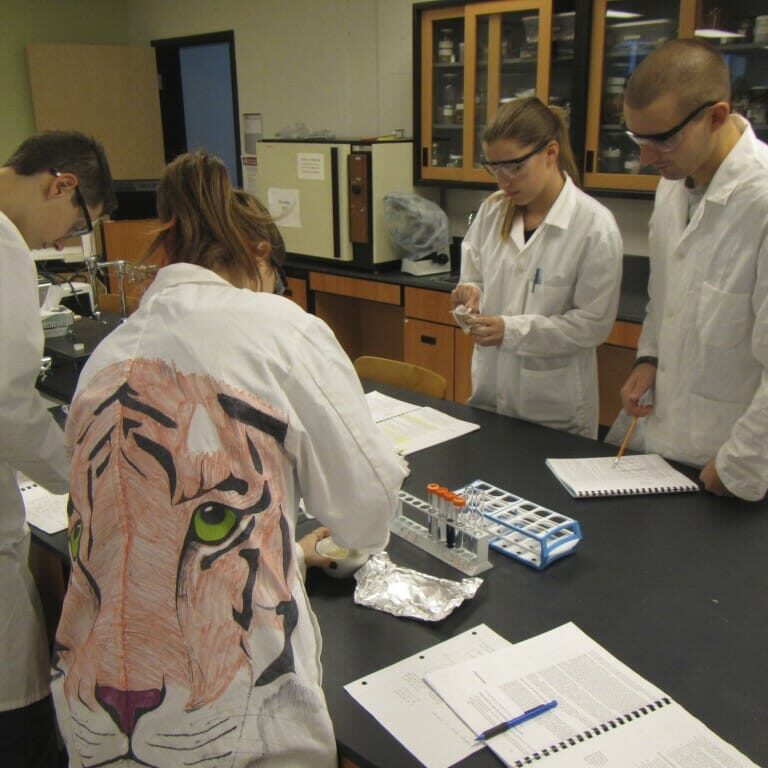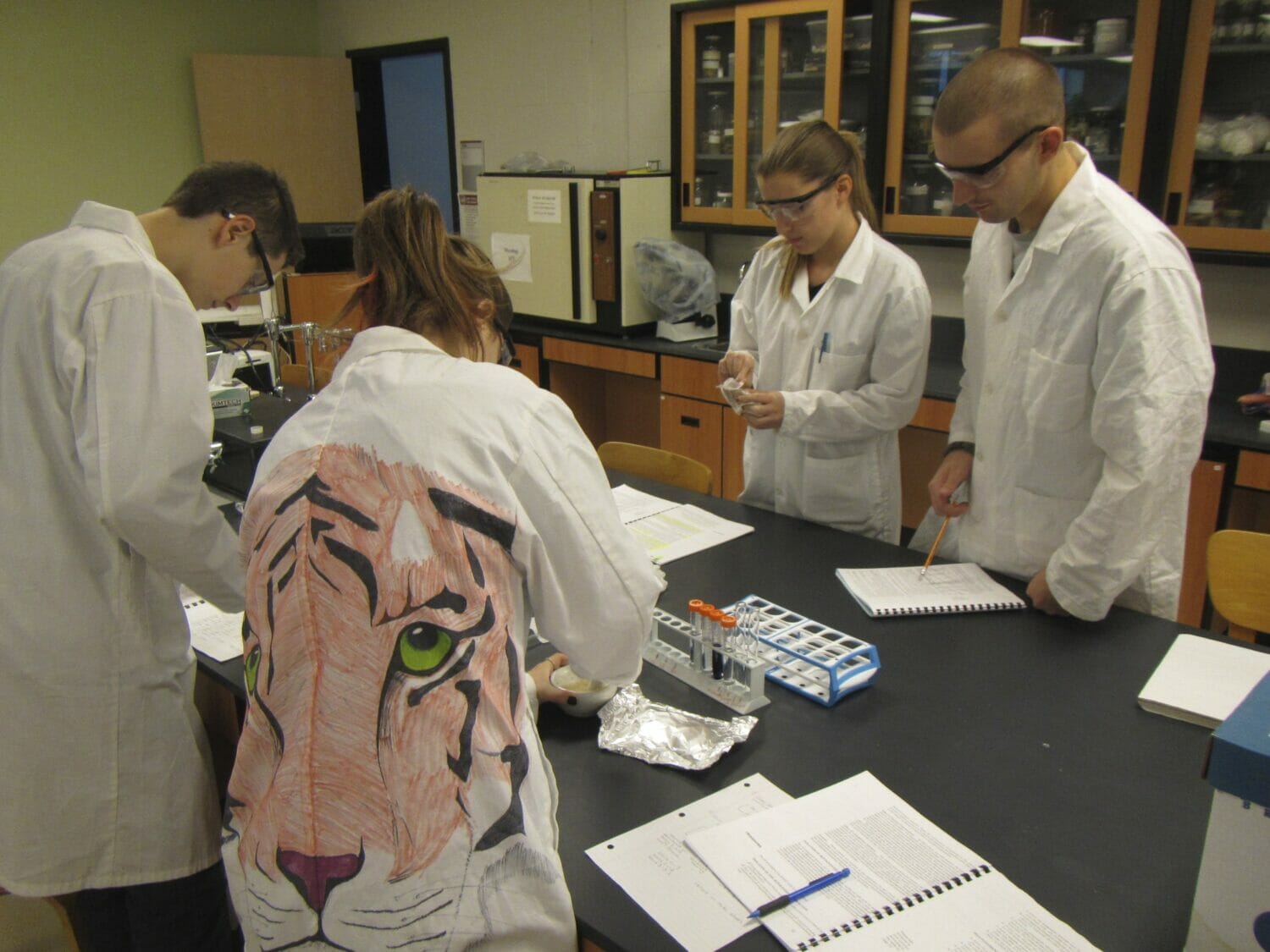
I’ve started a graduate degree in the sciences twice: first a masters in environmental science, and now a doctorate in geology. I’ve learned a few things about what grad school in the sciences entails, and what it typically does and does not provide. I can recommend an advanced degree in the sciences, but only if you’re confident you know what you want out of the experience, and how to get it.
Graduate degrees in the sciences are typically research-oriented, and highly focused. Most programs involve a small component of coursework coupled with a substantial research thesis. The aim is to expose the student to research methods and knowledge particular to their field of study. This can be beneficial if your chosen career requires a specialization, or if you have aspirations to continue in academia. However, many jobs in the STEM fields (science, technology, engineering, and mathematics) don’t require this additional qualification, particularly for entry-level positions.
Grad school is sometimes seen as a continuation of undergraduate studies, broadly gaining more knowledge in a particular subject. While this is true of some science-related programs (such as the Master of Resource and Environmental Management program at Dalhousie), the majority of degrees will see the student focusing on a narrow window of information. This misunderstanding stems partly, I think, from the relative lack of exposure to independent research in undergraduate science programs.
Some effort has been made to broaden the experience of graduate students in the sciences. For example, the Graduate Pathways to Success program at the University of British Columbia aims to ensure all graduate students acquire a basic skill set applicable to both research and non-academic work. In general, however, graduate degrees in the sciences remain strongly focused on the development of research skills.
It’s essential, therefore, to carefully consider the purpose of further study before deciding to pursue an advanced science degree. Determine whether a specialization, beyond undergraduate study, is required to enter or advance in your chosen field. Consider also how you value breadth of experience versus depth of knowledge. If it’s important to you to understand the fine details of a particular problem, then graduate study may be right for you. If, you want to expose yourself to a wide range of knowledge and skill development, you may need to push the boundaries of the typical program to meet these goals.
If you’re certain an advanced degree in the sciences is right for you, plan how to get the most out of the experience. If you want to continue in academia, research should absolutely take priority, and will occupy most of your time. If, however, you plan to work outside a university after graduating you will almost certainly benefit from extracurricular activities, such as teaching or tutoring, internships, or volunteer work. Discussing these goals with your supervisor at the start of your program is crucial.
A graduate degree in the sciences can be an important career step, as well as a genuinely rewarding experience, but be sure you know what you’re getting into before you start.







